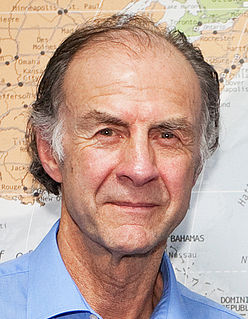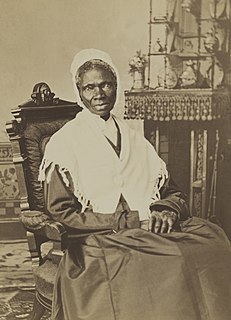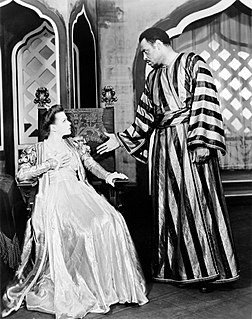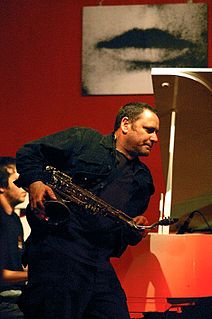A Quote by Paul Harvey
When America's early pioneers first turned their eyes toward the West, they did not demand that somebody take care of them if they got ill or got old. They did not demand maximum pay for minimum work, and even pay for no work at all.
Related Quotes
Even if America tomorrow - and it won't happen overnight - but if we did reduce our demand for gas and natural gas and crude oil by a significant degree, that does have an exponential effect on producers in the Middle East, everything else being equal. But if China's demand is growing and India's demand is growing, they are not going back.
Greenspan advised the American people to buy - he repeated the old mantra: 'spending is patriotic'. He also managed to convince them that if they did not have the money, that shouldn't stop them. They would 'pay later'. To a certain extent he was correct, we are all having to 'pay later'... we may even never stop paying.
America has borders. You have quite strict borders, actually. Even getting a work permit in New York actually is quite a difficult thing to do. I've got to prove I've got an address. I've got to prove I have private health care. And when my work permit runs out, if I haven't left, there'll be a knock at the door, they'll put me in handcuffs and take me to JFK Airport. That's how you guys do it.
With both parents in the workforce 100 percent of the time, there's just no way to care for somebody on the side - either somebody has to take time off work or somebody has to pay someone to provide that care. In either it represents a big financial blow, and families just don't have the flexibility to deal with it.
The backlash against women's rights would be just one of several powerful forces creating a harsh and painful climate for women at work. Reagonomics, the recession, and the expansion of a minimum-wage service economy also helped, in no small measure, to slow and even undermine women's momentum in the job market. But the backlash did more than impede women's opportunities for employment, promotions, and better pay. Its spokesmen kept the news of many of these setbacks from women. Not only did the backlash do grievous damage to working women C it did on the sly.

































